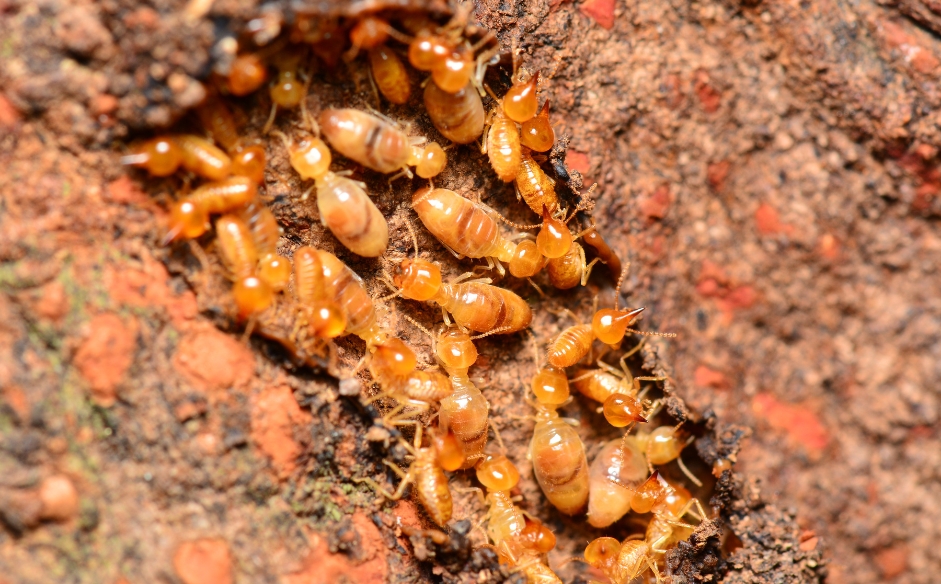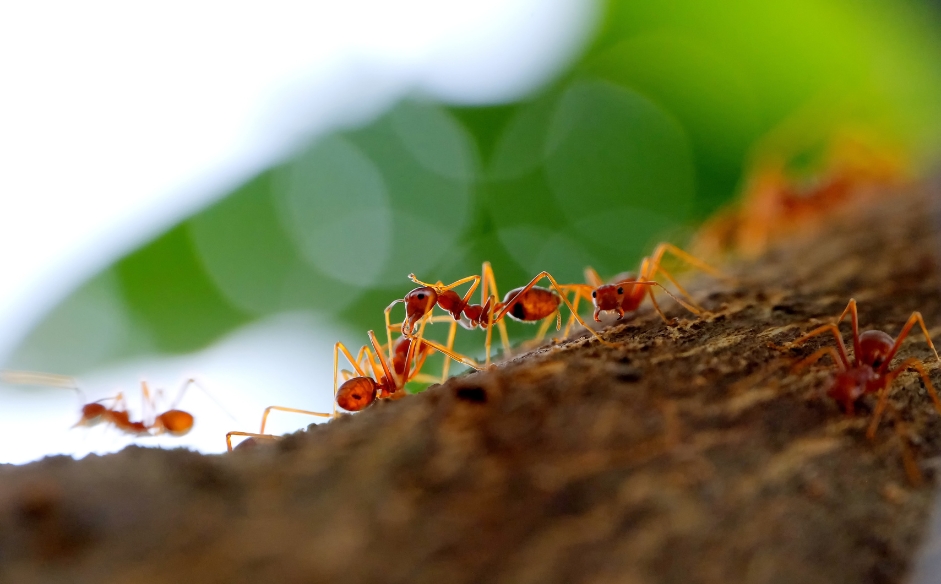Social insects are a diverse group of insects that live in highly organised colonies, where individuals work together to maintain and protect the colony. These insects include ants, bees, wasps, termites, and many others. They play important roles in ecosystems by pollinating plants, decomposing organic matter, and controlling other insect populations.
However, some social insects can also be considered pests due to their ability to damage crops and structures or pose health risks to humans. Today, we will explore what social insects are and discuss whether they should be considered pests.
Characteristics of Social Insects
Social insects share several common characteristics that set them apart from solitary insects. These include:
- Division of labour: In social insect colonies, individuals have specific roles and tasks. For example, worker ants are responsible for foraging food, while soldiers defend the colony.
- Communication: Social insects use various methods to communicate, such as pheromones and vibrations.
- Cooperative care of young: Insects in a colony work together to care for their young and ensure the survival of the colony.
- Overlapping generations: Social insects live in long-lived colonies with overlapping generations. This means multiple generations of insects can be present in a colony simultaneously.
Types of Social Insects
There are three main types of social insects:
- Eusocial Insects – These are highly organised social insects with distinct roles and overlapping generations. Ants, bees, wasps, and termites fall under this category.
- Subsocial Insects – These insects have a less complex social structure than eusocial insects, but still exhibit some cooperation within the colony. Examples include some species of beetles and cockroaches.
- Communal Insects – These insects live in loose groups without a defined hierarchy or division of labour. Some examples include certain species of spiders and caterpillars.
Are Social Insects Considered Pests?
The answer to this question is not straightforward, as it depends on several factors, such as the specific species of insect, their behaviour, and their impact on humans.
For example, bees are important pollinators and play a crucial role in maintaining the balance of ecosystems. However, they can also sting and cause allergic reactions in some individuals. Similarly, termites are essential for breaking down dead wood in forests, but can also cause significant damage to wooden structures.
On the other hand, species like fire ants and certain types of wasps can be considered pests due to their aggressive behaviour and ability to harm humans and pets. These insects may also damage crops and invade homes in search of food.
Understanding and Managing Social Insect Pests
It is important to understand the behaviour and biology of social insect pests to effectively manage them. This includes identifying their nesting sites, food sources, and behavioural patterns.
Non-chemical methods, such as exclusion and sanitation, can be effective in preventing pest infestations. In some cases, targeted pesticide use may be necessary to control pest populations.
It is also important to note that not all social insects are harmful and should not be automatically classified as pests. Many species play vital roles in the environment and can even provide benefits to humans, such as honey production by bees.
Takeaway
Social insects are a fascinating and diverse group of insects that exhibit complex social behaviours and play important roles in ecosystems.
While some species can be considered pests, it is crucial to understand the specific characteristics and behaviour of each species before labelling them as such. Effective pest management strategies should also consider the potential benefits of social insects and aim to minimise harm while controlling populations when necessary.
So, we should learn more about these creatures, rather than just dismiss them as nuisance pests. Hence, proper research and understanding can help us coexist with these insects in a balanced way.
Ninja Pest for Pest Control
If you are dealing with a social insect pest problem, consider reaching out to Ninja Pest for professional and effective pest control services.
Our team of experts is knowledgeable in identifying and managing social insect pests, while prioritising the safety of your home and environment. Contact us today to learn more.





